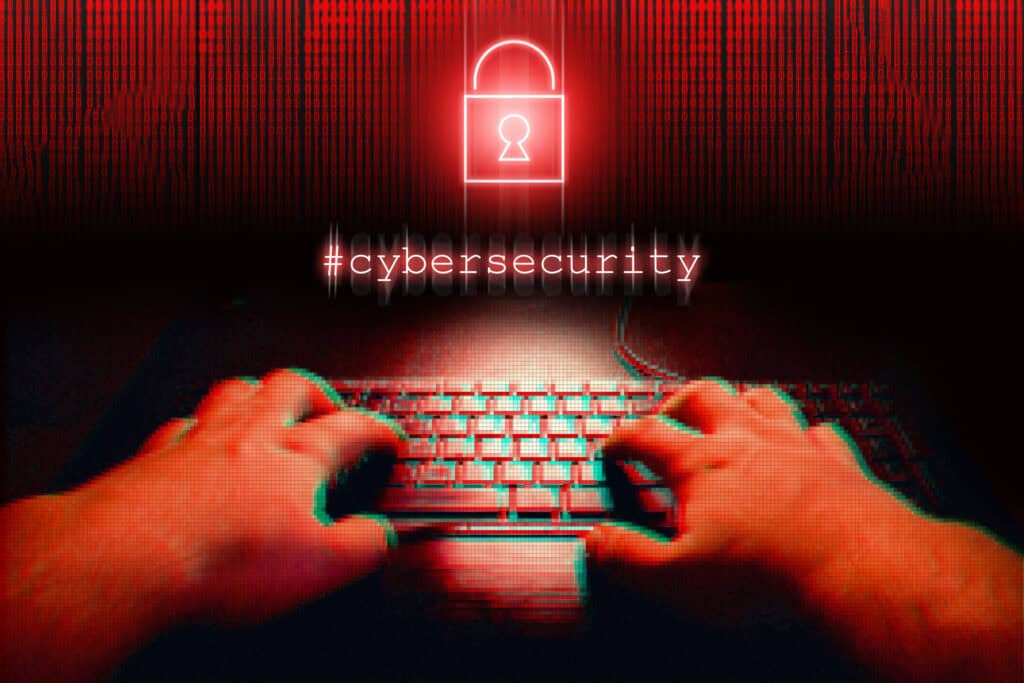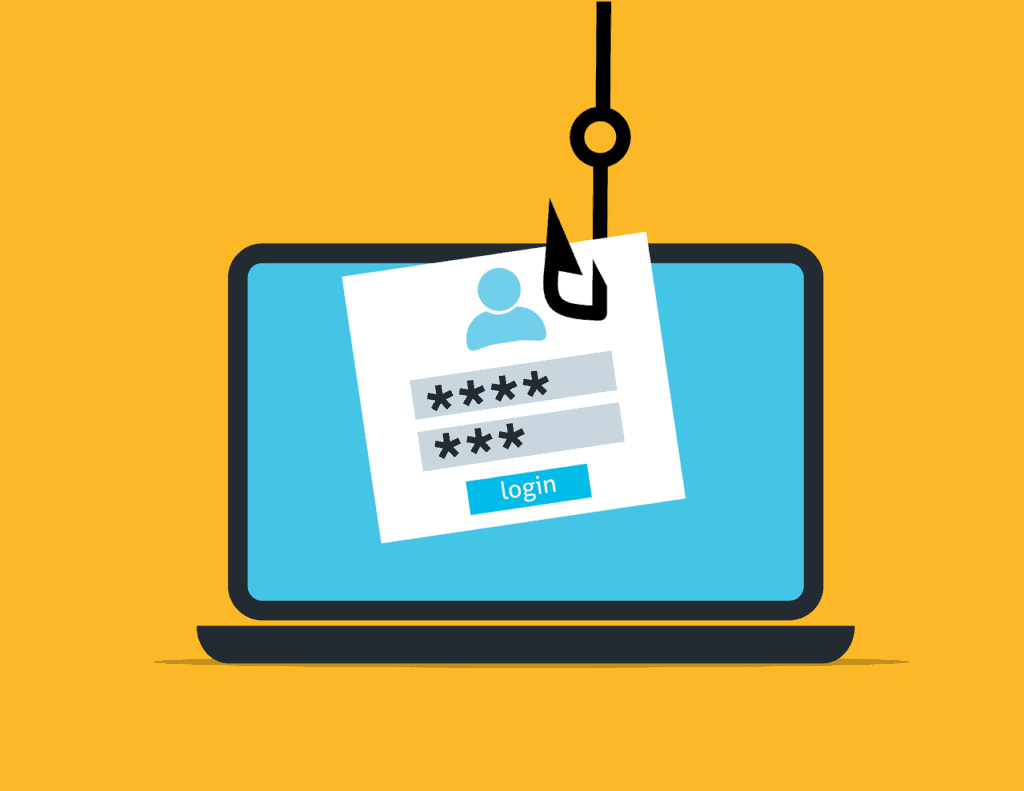Cybersecurity in healthcare is becoming increasingly important as the industry grapples with protecting sensitive patient data. Let’s delve into the truths about why cybersecurity is non-negotiable in the healthcare sector.
Healthcare Data Is Valuable to Cybercriminals
Healthcare data, including medical records, insurance information, and prescription details, is highly sought after on the black market.
Cybercriminals can use stolen healthcare data for various malicious purposes, including identity theft, insurance fraud, and extortion. Moreover, medical records contain a wealth of sensitive information that targeted attacks can exploit, such as spear-phishing campaigns aimed at healthcare professionals or patients.
Small Healthcare Organizations Are Targeted by Cyberattacks
Cybercriminals often target smaller healthcare organizations because they tend to have weaker cybersecurity defenses.
Small practices may lack the resources or expertise to implement robust cybersecurity measures, making them attractive targets for cybercriminals seeking easy entry points. Additionally, smaller practices may not perceive themselves as valuable targets and underestimate cybersecurity’s importance.
Compliance Equals Security
While compliance with regulations such as the Health Insurance Portability and Accountability Act (HIPAA) is important and helps establish a baseline for security practices, it does not guarantee security against cyber threats.
HIPAA compliance focuses primarily on safeguarding patient privacy and the confidentiality of healthcare data. However, it does not cover all aspects of cybersecurity, such as network security, employee training, and incident response planning. Healthcare organizations must go beyond compliance requirements to implement comprehensive cybersecurity strategies.
Cybersecurity Is a Multidisciplinary Effort
Some healthcare organizations view cybersecurity as solely an IT issue and delegate responsibility for cybersecurity to their IT departments. However, cybersecurity is a multidisciplinary effort that requires collaboration across various departments, including IT, compliance, legal, and operations.
Effective cybersecurity involves implementing technical safeguards, educating employees, developing security policies and procedures, and conducting regular risk assessments. Everyone in the organization, from frontline staff to executive leadership, plays a role in maintaining a strong cybersecurity posture.
Investing in Cybersecurity Is Not Cost-Prohibitive
The cost of a data breach or cyberattack can far outweigh the upfront expenses of cybersecurity. The financial consequences of a data breach include regulatory fines, legal fees, revenue loss, and damage to the organization’s reputation. Moreover, the impact on patient trust and confidence in the healthcare provider can be significant and long-lasting. Investing in cybersecurity is necessary to protect patient data and safeguard the organization’s financial viability and reputation.
Cybersecurity Should Be a Continuous Effort
Cybersecurity is an ongoing process that requires continuous monitoring, assessment, and adaptation to evolving threats.
Cybercriminals are constantly developing new tactics and techniques to bypass security measures, making it essential for healthcare organizations to stay vigilant and proactive in their cybersecurity efforts. Regularly updating security measures, conducting risk assessments, and providing ongoing employee training are critical components of a comprehensive cybersecurity strategy.
Healthcare Facilities Are Responsible for Cybersecurity
Many healthcare organizations outsource their IT services to third-party vendors, assuming they also outsource their cybersecurity responsibilities. However, while IT service providers may manage technical aspects of cybersecurity, such as network monitoring and software updates, the ultimate responsibility for cybersecurity remains with the healthcare organization.
Healthcare organizations must ensure their IT service providers have adequate cybersecurity measures and comply with relevant regulations and industry standards. They should also establish contractual agreements outlining each party’s cybersecurity and data protection responsibilities.
Cybersecurity Best Practices for the Healthcare Sector
Here are some best practices for enhancing cybersecurity in the healthcare sector:
Conduct Regular Risk Assessments
Healthcare organizations should conduct regular risk assessments to identify system and process vulnerabilities. This involves evaluating the likelihood and impact of various cyber threats, such as ransomware attacks, phishing scams, and insider threats.
Implement Strong Access Controls
Controlling access to sensitive patient data is crucial for preventing unauthorized access and data breaches. Healthcare organizations should implement strong access controls, including multi-factor authentication (MFA) and the principle of least privilege.
Keep Software and Systems Updated
Healthcare organizations should apply security patches promptly and keep all systems up to date with the latest software updates. Automating the update process can help ensure consistency and minimize the risk of human error.
Develop and Enforce Security Policies
Establishing comprehensive security policies is critical for standardizing cybersecurity practices across the organization. Healthcare organizations should develop clear policies and procedures for data protection, incident response, and employee responsibilities.
Secure Network Infrastructure
Securing network infrastructure is essential for protecting sensitive patient data from unauthorized access and malicious activities. Healthcare organizations should implement firewalls, intrusion detection systems, and encryption protocols to safeguard their networks.
Backup Data Regularly
Regular data backups are critical for ensuring business continuity and minimizing the impact of data breaches or ransomware attacks. Regularly testing backup and recovery procedures helps ensure their effectiveness in restoring data in an emergency.
Plan for Incident Response
Despite the best efforts to prevent cyber incidents, healthcare organizations should have a well-defined incident response plan. This plan should outline the steps during a data breach or cyberattack, including communication protocols, roles and responsibilities, and procedures for containing and mitigating the incident.
Investing in cybersecurity is a legal and regulatory requirement and a moral imperative to ensure the trust and confidence of patients and stakeholders in the healthcare system. We at CMIT Solutions Northwest DFW can be your trusted advisor by offering the best cybersecurity services for your healthcare organization. Contact us for more information.





